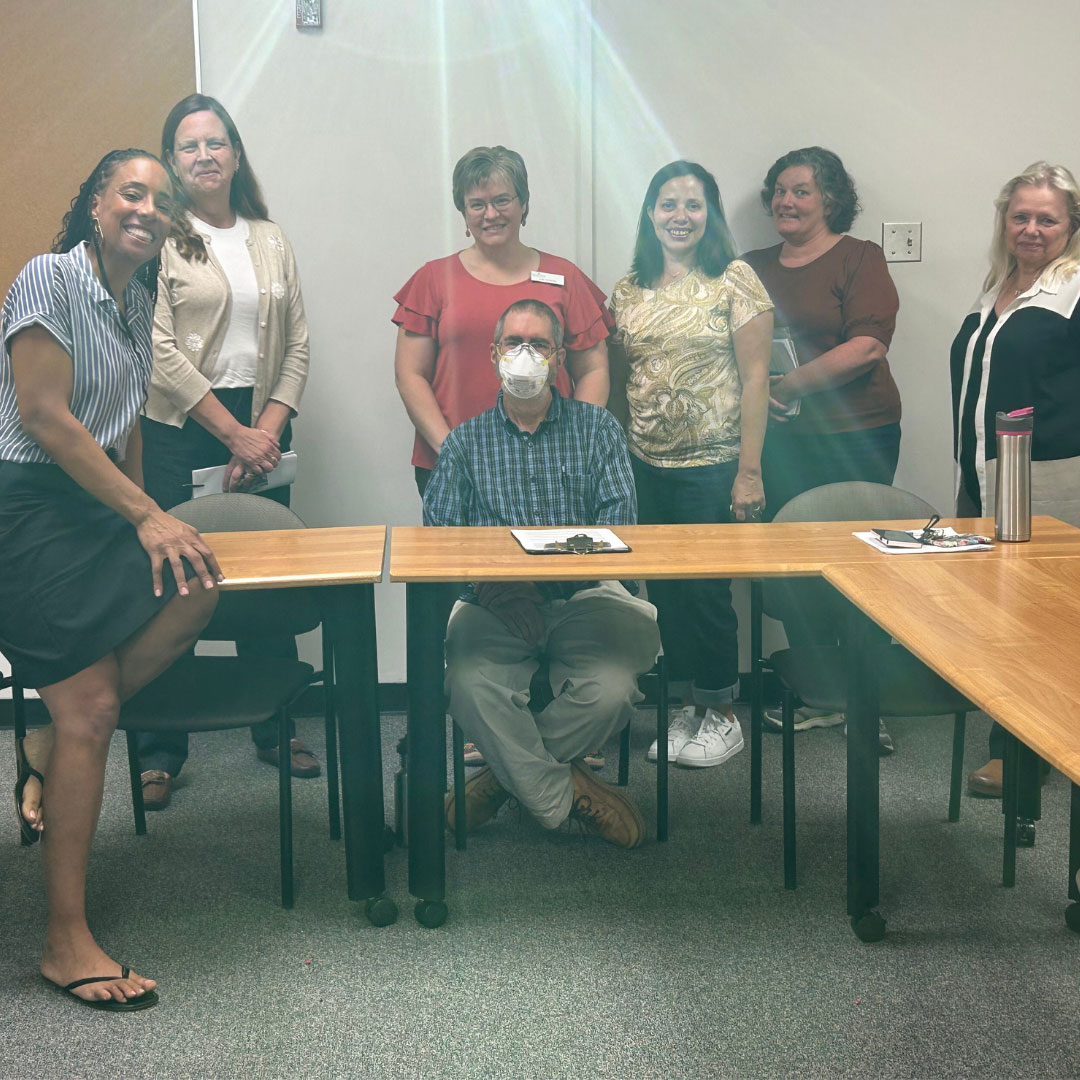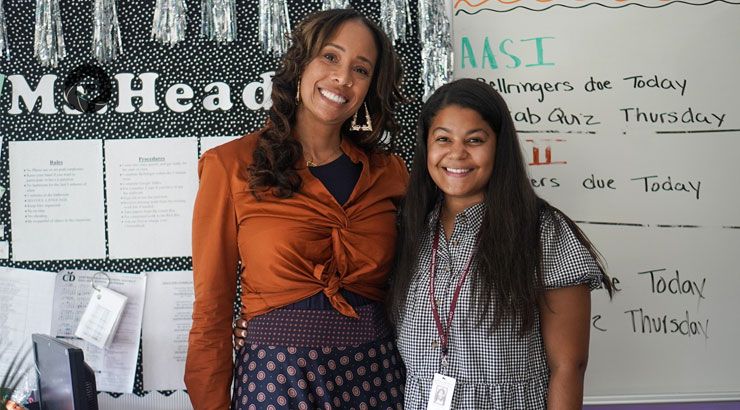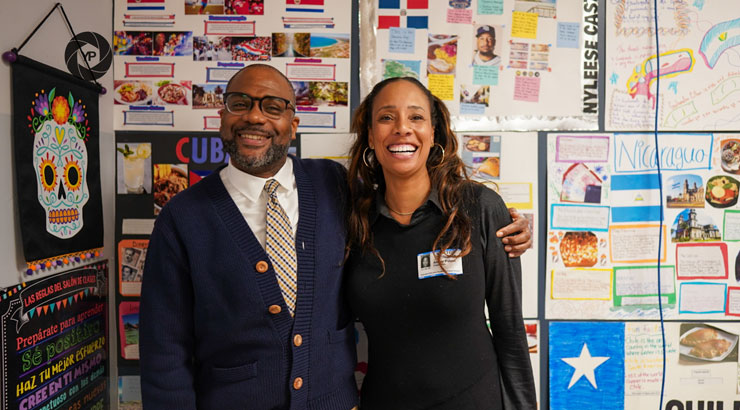Faculty Professional Development
FDI Scholars & Fellows Mentorship
The Frederick Douglass Institute (FDI) at Kutztown University is a dynamic center dedicated to fostering diversity, inclusion, and academic achievement. A cornerstone initiative within FDI is the Scholars & Fellows Mentorship program, which offers induction and retention support to incoming faculty of color hired through the PASSHE FDI Fellows and KU’s FDI Scholars pipelines. The FDI Director, Dr. Pabon, provides professional development through monthly group and individual mentorship meetings centered on:
- introducing culturally relevant and sustaining campus and community resources including curriculum support, pedagogical workshops, grants and funding, and well-being;
- designing special projects and/or events for new faculty to showcase their scholarship;
- addressing, reporting, and healing from bias incidents; and
- encouraging scholarly productivity, community engagement, and activism.
Workshops
The Frederick Douglass institute is available to collaborate with individual faculty or departments around topics related to equitable search and hiring practices, strengthening culture and climate for BIPOC students and faculty, culturally affirming pedagogy and curriculum, to name a few.
FDI & ROHRBACH LIBRARY FACULTY TALK DIVERSITY, EQUITY, & INCLUSION
The Frederick Douglass Institute conducted a professional development session on faculty diversity and ways to recruit racially, culturally, and linguistically diverse scholars in the search process and support them once hired. Many thanks to Sue Czerny, Karen Wanamaker, and Sylvia Pham for their ongoing efforts to broaden the library's reach and be more inclusive. If your student group or department is interested in learning more about diversity in higher ed, contact FDI at fdouglass@kutztown.edu.

Critical Book Club
The Frederick Douglass Institutes facilitates a critical book study open to the entire campus community during the spring semesters. This spring, FDI Scholars Dra. Leslie Sotomayor and Dr. SungEun Min facilitated the discussions of our shared text, The 1619 Project by acclaimed journalist and scholar Dr. Nikole Hannah-Jones (Howard University).
The Frederick Douglass Institute Announces the Spring 2024 Critical Book Club
The Frederick Douglass Institute invited faculty, staff and students to participate in the Spring 2024 Critical Book Club (hybrid format). Our collective reading will be "The 1619 Project," edited by MacArthur Fellow, Pulitzer Prize-winning journalist, and Howard University professor Dr. Nikole Hannah-Jones. "The 1619 Project" has been a New York Times and Amazon best seller. In addition, the text has been expanded into a six-part docuseries on Hulu. FDI Scholars Dr. Leslie Sotomayor (Art Education) and Dr. SeungEun Min (Elementary, Middle Level, Library and Learning Technologies) facilitated our discussion on this provocative, long-form journalistic text that draws from historical research, literature and the arts to examine the origins and aftermath of U.S. slavery.
The office disseminated free copies of Caste by Isabel Wilkerson and faculty and staff held weekly discussions during March and April. These robust meetings tackled complex concepts and themes from the text including the structure of caste systems, the authentic realities of racial oppression experienced by People of the Global Majority, and racial scapegoating.
Teaching Lab

Dr. Pabon meets with Dominique Headen (Class of 22') from Susquehanna High School.

Dr. Pabon and Damain Earl (Class of 19') from Executive Charter School.
In Fall 2022, The Fredrick Douglas Institution launched its first of many projects. The Teaching Lab is a digital resource of culturally relevant and sustaining teaching practices by BIPOC educators in Pennsylvania. FDI director Dr. Amber Pabon and her team continue to collaborate with KU alum and faculty across the State System to document culturally aligned pedagogies and curricula to support our increasingly diverse K-Higher Ed student body population.






